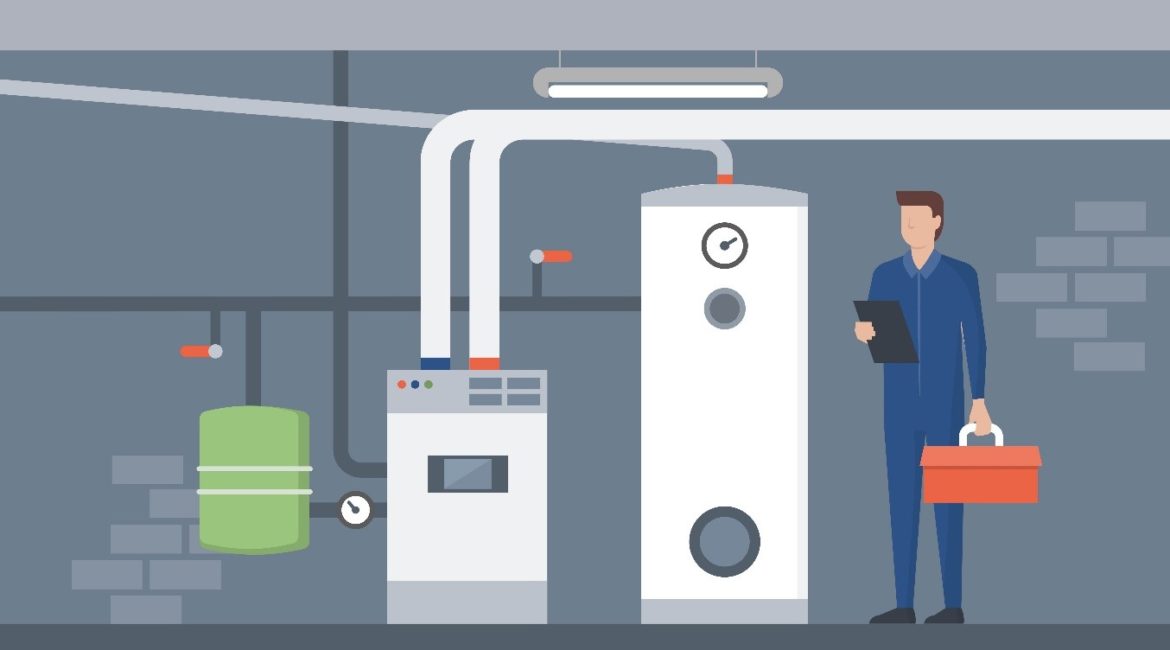You want your furnace working in peak condition by the time the cold winter weather sets in. If it’s not, then it’s definitely time to schedule the necessary repairs, or maybe, you will have to go shopping for a new furnace.
Recognizing whether your furnace needs repairing or replacing is not always the easiest thing to do. However, you should be able to make a better-informed decision when you consider the following, among other factors.
- The Age of the Furnace
The average lifespan of a furnace extends up to 15 years, and with proper maintenance, you can add several years to this life. Up until 2008, a new construction boom led to a shortage of quality equipment, and this saw many lower quality furnaces being installed across the states. Starting in 2012, furnaces started coming with lifetime warranties or 10-year part warranties. Newer furnaces are likely to last up to 15 years or more, after which you will notice that the furnace breaks down more often.
If your furnace is in the last three-quarter of its average lifespan, then replacing it may be the best option. By this time, your unit’s efficiency will have decreased by up to 50%. The repair will do for a relatively new furnace and still within the first and second quarter of its life.
- The Shape Your Furnace Is In
If your furnace’s better days are long behind it, getting a new one may be the better option than repairing it. If it’s rusty and sooty, produces cold air every so often, and makes all kinds of noises when it is on, it’s better get a new one.
On the other hand, if your unit has been serving you well, it is generally in good shape, and the problem is a one-time issue, then the professional repair will do.
- Frequency of Repairs
How many times have you had to call in a technician to repair your furnace just this past year? If your unit’s repair history has been adding up, then that is a sure indicator that it’s no longer able to bounce back as well. This may not change even if you keep trying to repair the furnace. Again, these repair costs will only add up over time. In this case, you may want to consider replacing your furnace.
- Relative Importance of the Failed Part
Some parts will cost you more to replace than others. The circuit control board, exhaust gas motor assembly, and motor gas assembly are among the parts that can account to up to a third or more of the cost of a new furnace. If you have the money for it, in addition to considering other factors such as furnace age, then you may want to consider replacing the furnace, instead of just its parts.
A cracked heat exchanger is one of the main reasons for furnace repair. Unfortunately, it is often an inaccurate diagnosis, which is why you should always ask for a second opinion if a technician tells you your furnace’s problem lies with a cracked heat exchanger. If this is, indeed, the problem, then you should replace your furnace. Cracks in the heat exchanger allow for the poisonous carbon monoxide to escape, which is a serious threat to your health and safety.
- Changes in Energy Bills
A significant change in your energy bill with no significant change in usage is one of the hard-to-miss signs of a decline in your furnace’s efficiency. Of course, there are other things, such as insulation and ductwork to look at when it comes to an increase in your energy bills.
Unfortunately, the spikes in your energy bill due to an inefficient furnace can be so high that they’ll add up in a short time, driving up your utility bills. Investing in a replacement, a more efficient model, at that, will save you money in the long run.
- Repair Vs. Replacement Cost Comparison
Compare the quotes from two or several furnace repair technicians. How much is it going to cost you to get the unit back up and running again? If the repair cost adds up to more than half of what it would cost you to replace the furnace, then you are better off buying a new furnace. That said, if yours is an older furnace, then consider getting a replacement if the repair costs add up to at least a third of the cost of a new furnace.
Professional Touch
To repair or replace? Consulting with a furnace expert takes the guesswork out of the decision. That being said, whether you choose to repair or replace, you want to make sure you leave the repair or installation work to a skilled and experienced professional for the best possible outcome.

